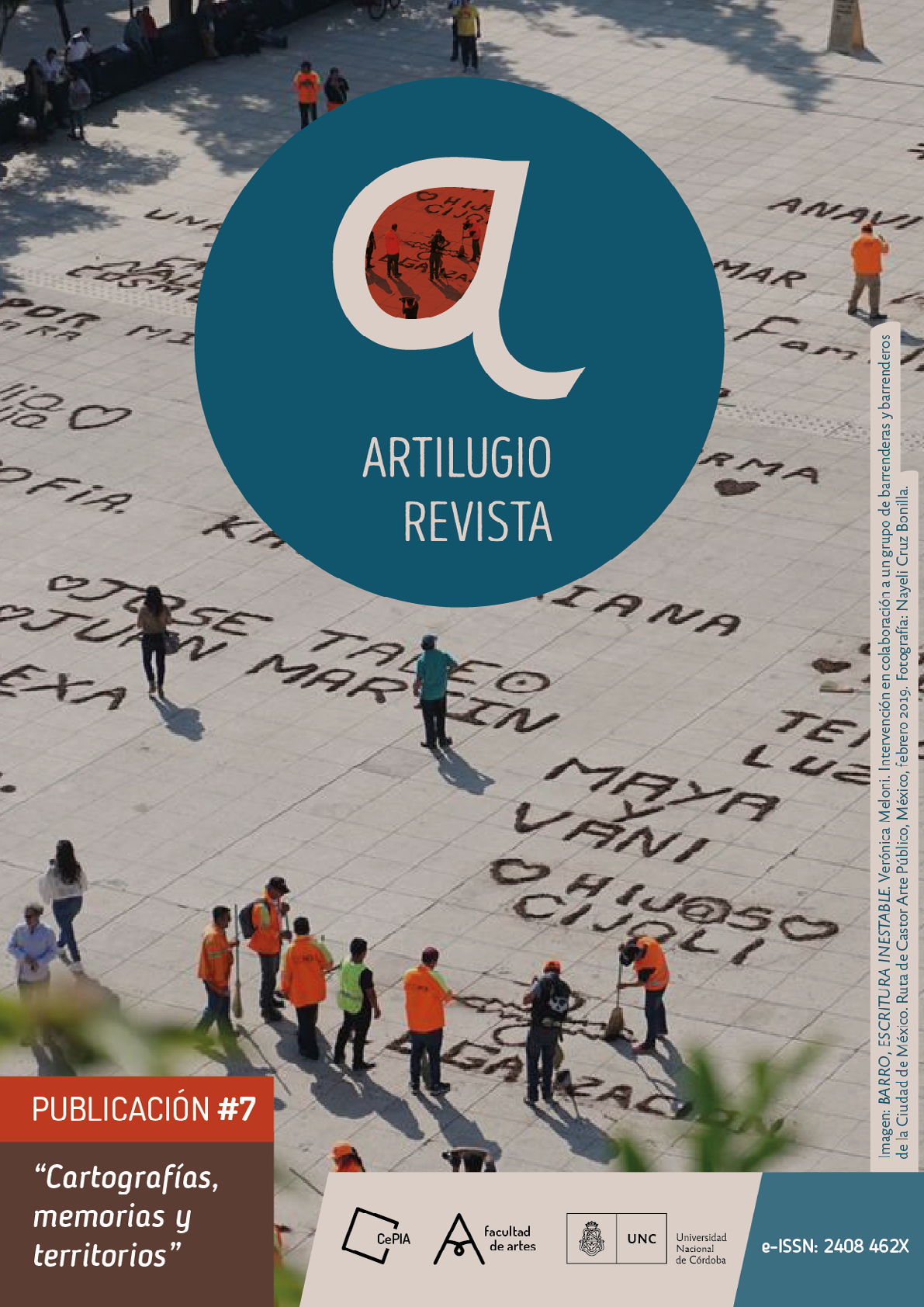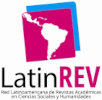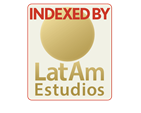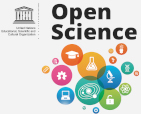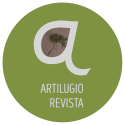Dwell with the circus. Spatial practices and artistic resonances from Rosario (Argentina)
DOI:
https://doi.org/10.55443/artilugio.n7.2021.34545Keywords:
Circus, Dwell, Resonance, SpatializationAbstract
This article aims to analyze the implications and scope of a case of spatial appropriation and resignification through circus practices in the city of Rosario (Argentina). From the follow-up of the development and the resonances of that artistic-dwelling experience, a traceable cartography through four observation scales will be drawn. First, the sociocultural dynamics converging in the occupation of the central riverbank of Rosario by circus artists in the 1990s are located. Second, the local ramifications of that experience –bifurcated between the proliferation of self-managed spaces and governmental integration– is studied. Third, the articulations of these developments with other Argentine cities are examined, taking an experience from the city of Buenos Aires as a case study. Fourth, some of the transnational itineraries of the circus arts that emerged on the Rosario riverbank are followed. The data used for this research comes from in-depth qualitative interviews carried out with the participants of the experiences with written materials.
Downloads
References
Alvarellos, H. (2007). Teatro Callejero en la Argentina 1982-2006. Buenos Aires: Ediciones Madres de Plaza de Mayo.
Bachelard, G. (2000). La poética del espacio. Buenos Aires: Fondo de Cultura Económica.
Castagnino, R. (1969). El circo criollo. Datos y documentos para su Historia. Buenos Aires: Lajouane.
Castro-Gómez, S. (2010). Historia de la gubernamentalidad. Razón de Estado, liberalismo y neoliberalismo en Michel Foucault. Bogotá: Siglo del Hombre Editores.
Chesney-Lawrence, L. (1995). Teatro Popular en América Latina (1955-1985). Caracas: CEP-FHE.
De Certeau, M. (2000). La invención de lo cotidiano. 1 artes del hacer. México: Universidad Iberoamericana.
Deleuze, G. y Guattari, F. (2002). Mil Mesetas. Capitalismo y esquizofrenia. Valencia: Pre-Textos.
Expósito, M. (2004). Diferencias y antagonismos. Protocolos para una historia política del arte en el Estado español. En J. Carrillo, J. Díaz Cuyás, M. Expósito, A. López Cuenca y C. Pardo, Desacuerdos 1. Sobre arte, políticas y esfera pública en el Estado español. Barcelona: MACBA/Arteleku UNIA arte y pensamiento.
Foucault, M. (2006). Seguridad, territorio, población. Buenos Aires: Fondo de Cultura Económica.
García Canclini, N. (1990). Culturas híbridas. Estrategias para entrar y salir de la modernidad. México: Grijalbo.
Godoy, S. (2019). La(s) cultura(s) sobre el río. Gubernamentalidad, prácticas artísticas y habitares. Ribera central de Rosario, 1992-2004 [tesis de doctorado, Facultad de Humanidades y Artes, Universidad Nacional de Rosario]. Rosario, Argentina.
Guber, R. (2011). La etnografía: Método, campo y reflexividad. Buenos Aires: Siglo XXI.
Heidegger, M. (1994). Poéticamente habitó el hombre. En Conferencias y artículos (pp. 163-179). Barcelona: Ediciones del Serval.
Infantino, J. (2015). El Circo en Buenos Aires. Cultura, jóvenes y políticas en disputa. Buenos Aires: Instituto Nacional del Teatro.
Lefebvre, H. (2013). La producción del espacio. Madrid: Capitán Swing Libros.
Logiódice, M. J. (2016). La trama teatral rosarina. La emergencia del circuito independiente como un espacio de tensión entre el profesional y filo dramático. Historia Regional, (35), 81-97.
Nancy, J-L. (2007). A la escucha. Buenos Aires: Amorrortu.
Ponce, L. (1971). El circo criollo. Buenos Aires: Centro Editor de América Latina.
Roldán, D. y Godoy, S. (2020). Conflictos territoriales y culturales en la renovación del frente costero, Rosario (Argentina). Eure. Revista Latinoamericana de Estudios Urbano Regionales, 46(138), 95-116.
Schafer, M. (1977). The Soundscape. Our Sonic Environment and the Tuning of the World. Vermont: Destiny Books.
Seibel, B. (1993). Historia del circo. Buenos Aires: Ediciones del Sol.
Simondon, G. (2009). La individuación. A la luz de las nociones de forma y de información. Buenos Aires: La Cebra/Cactus.
Soja, E. (1996). Thirdspace: Journeys to Los Angeles and other real-and-imagined places. Oxford: Basil Blackwell.
Vich, V. (2014). Desculturizar la cultura. La gestión cultural como forma de acción política. Buenos Aires: Siglo XXI.
Downloads
Published
Issue
Section
License

This work is licensed under a Creative Commons Attribution-NonCommercial-ShareAlike 4.0 International License.

